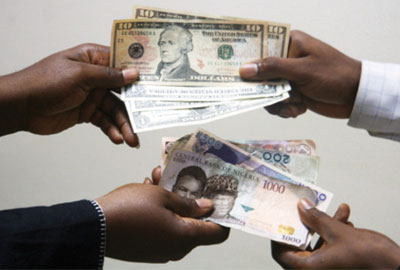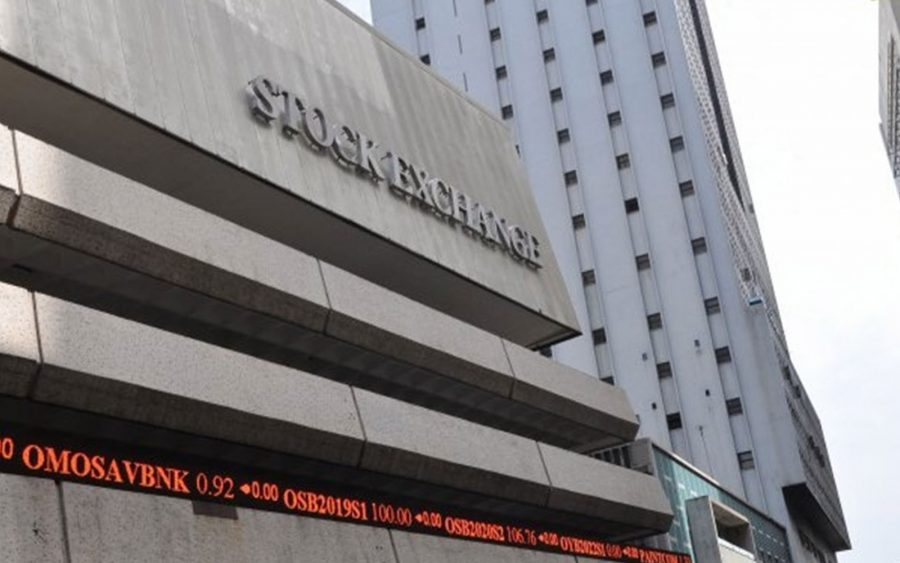It was the beginning of the year in 2009 and Mr Ogilisi was discussing a deal with his suppliers abroad to import goods worth over $200,000. His suppliers had asked him to commit to six months supply of the product at a price of about N150 to the dollar. Since he felt he did not need to restock until after Easter he declined the offer. By April when he was set to make the new order the exchange rate had suddenly plunged to N180 at the Bureau d Change!!
If you haven’t been following the news lately then be informed that oil price is currently on a free fall. The price of oil in the world market has nosed dived over the last two weeks sending world markets into panic mode. From about $115 back in June it has plunged to under $90. Many believe this has dire implication for Oil exporting countries like Nigeria, as this will mean lower dollar revenue and a possible weaker naira. But more importantly, this could mean many things for you as an individual. Let’s start with the good.
If you export things
If you are in the business of exporting things outside Nigeria then you should be excited about this. This is because it mostly favours an exporter when his home country’s currency is devalued. Assuming you sold $100 worth of items at N165 costing you N16, 500. If the Naira depreciates to N170, then you get N17, 000 for that same item you sold for $100.
If you bought investments in dollars
Some Nigerian banks recently sold Eurobonds that attracts interest payments in dollars. For every naira that gets depreciated you earn more in naira when interest is paid to you. Most savvy investors use financial products like this as a hedge against currency drops. It makes some sense to always save some of your money in hard currency, after all Nigeria as a country does so too.
If your salary is in dollars
If you are lucky enough to earn salaries in dollars then a falling naira favours you immensely. Each time you convert your dollar salary to naira you make more than you would have before the naira was depreciated. This is why most expatriates like to cap their salaries in dollars. Some industries typically pay their staff in dollars even if they are Nigerian.
If you save in dollars
As mentioned above, keeping some of your investment in dollars is a good way of keeping a good hedge against currency fluctuations. You can do this in a routine manner by buying dollars occasionally and stashing this in your bank account. Apart from giving you a good hedge, it can also come in handy when you travel abroad or want to take advantage of the arbitrage that occurs when the naira devalues considerably.
Hanging Fruit
The market presents opportunities at times like this, as most investments are undervalued. Investors perceive a fall in oil prices and its potential impact on the naira as a bad signal and therefore dump investments. It’s like throwing the baby and the bath water away because they more often than not also dump company’s that still have sound fundamentals. Long-term investors with an eye for a bargain can scoop up good such investments with very sound fundamentals.
The Bad
Your planning vacation
The Xmas season is close and many will be traveling out of the country for holiday. A further depreciation of the Naira suggests you will probably have to spend more than you would if things were stable. For those who probably rely on ‘thirteenth month’ salary or bonuses for their holidays, they most likely face the risk of spending more if the naira depreciates.
Invest in stock market
The Nigerian Stock market has been in a bearish mood for days now as the world reacts to a sudden turmoil in the markets. Oil stocks for example are getting dumped due to concerns that a fall in oil price may affect their results and thus ability to pay dividends as expected. This sort of fear also causes a form of contagion as stocks in other industries face similar sell offs. Banking stocks for example, have taken a hit this week on the back of the bearish mood in the market. These are all bad for short-term investors.
You import things to sell
A falling dollar is not good for importers as prices of goods that they sell become expensive. When they are expensive people decline from buying thus hurting their sales. This puts immense pressure on traders and if not mitigated, many can see their businesses collapse. Household budgets will also come under pressure as most items we consume may become expensive.
School Fees
Some Nigerians have children abroad studying at various levels. These schools charge tuition in foreign currency whilst the out of pocket expenses accommodation etc. are also spent in foreign currency. Therefore a rising dollar and falling naira just makes this much more expensive to afford on the long run.
Your salary or income gets affected
A weaken naira can also increase operational cost for small business making it difficult for them to increase salaries or even pay bonuses. Unfortunately, a stagnant salary doesn’t mean expenses remain stagnant too. When cost of living increases, you find it increasingly hard to keep up with a stagnant income.






![[The Nigerian Economy Daily] FG has approved the closure of five foreign missions and embassies](https://nairametrics.com/wp-content/uploads/2017/05/nigerian-economy-today-1.jpg)








thanks for the timely information. To thou O Dollar, I move my savings!
is it wise to buy dllars when the naira is weak and dollar has gone up?